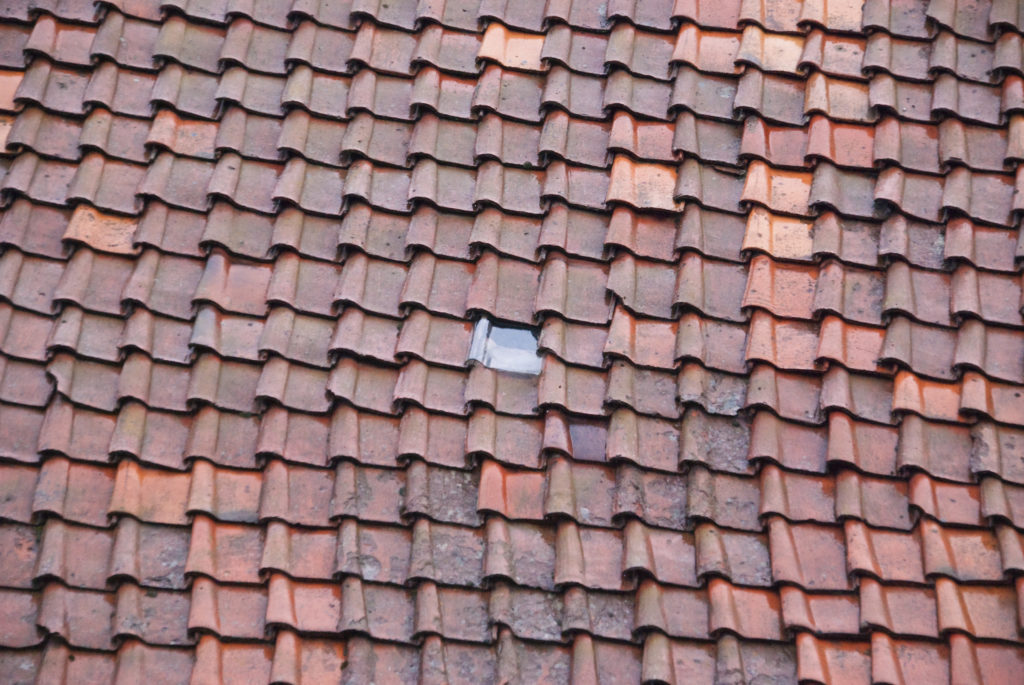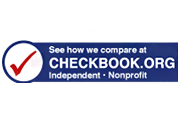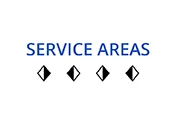Everything You Need to Know About Roof Leaks

It is imperative to take good care of your roof. It is, after all, the first line of defense between you and the outside elements, allowing you to stay secure in your home. It is also structurally integral to your house, and issues that are left unchecked could start to create other problems. Leaks are a common ailment among homeowners. With the proper information, you can help to mitigate against them and avoid having to get a roof replacement. However, even in that case, we’re here to help you out. Here is everything you need to know about roof leaks.
Sources That Cause Leaks
There is a wide variety of sources for leaks. Missing and damaged shingles are a prime source of leaks, and they are especially prevalent after heavy storms but can also develop simply from age. Additionally, over time, calk will dry up and crack, and this will create open seams for water to seep into. Backed-up gutters will cause water to soak through the roof since it has nowhere else to go. If your roof is old, if there’s been a heavy storm in your area, or if debris has hit your roof, then it’s a good idea to check for leaks.
Signs You Have a Leak
Not all leaks are as obvious as a hole in your roof or a constant drip coming from your ceiling. Some aren’t perceptible unless you know what to look for. Moisture or discoloration on your ceilings and/or walls is a sure sign that something isn’t right. Additionally, if mildew and mold have begun to appear, then unwanted water is surely nearby. Noticing and recognizing these signs as soon as possible will help you avoid the hassle of dealing with a full-blown leak given enough time. You can trace these signs back to the leak in order to figure out what is causing them. Remember that water travels down, so you’ll likely be moving up until you find that damaged shingle, cracked calk, or clogged gutter.
How to Prevent Leaks
There are a number of things you can do to help prevent leaks from developing. If you live in a rainy or snowy climate, having rain shields installed is a great way to stop moisture from seeping in. You should also perform regular inspections to look for any damages. Be sure to keep your gutters clean and trim down trees that may pose a risk of dropping branches over your house. If your roof is old, you may consider getting a replacement as doing so will solve many issues at once.
Leaks Can Lead to Other Problems
You should never let leaks go unresolved. They can lead to even more serious problems and affect the rest of your home. As the leak continually allows moisture to enter your home, your drywall will become damaged and structurally compromised. Your home’s environment will become ideal for mold and mildew to grow, posing health risks to you and your family. The wear and tear on your roof over time will also cause the initial damage to get worse, posing a threat of roof failure. That’s why it’s imperative to identify and fix those leaks right away. If you aren’t already considering roof replacement to mitigate the dangers, then you might be forced to if you let your leaks go unchecked.
Replace Your Roof
All roofs will need to be replaced eventually. Even if you haven’t noticed any of the issues as described above, you should consider your roof’s age. If it’s old, then these problems will surely start to develop soon. You can stay ahead of the game by getting a new one now. Such an investment will also see you save on your energy bills as you’ll be able to take advantage of new and improved materials and technology. You can expect a return on your investment of 62% for a new asphalt shingle roof! So you’ll both avoid costly problems and save money in the long run. It’s a win-win.
Roofing Contractors Can Help
Whether you have leaks or not, get the help you need with a roof replacement from trusted roofing contractors. They can advise you on materials and other aspects of a new roof. You’ll feel safe and secure in your investment as you let them handle the job. And the best part is, you won’t have to worry about those pesky leaks.











